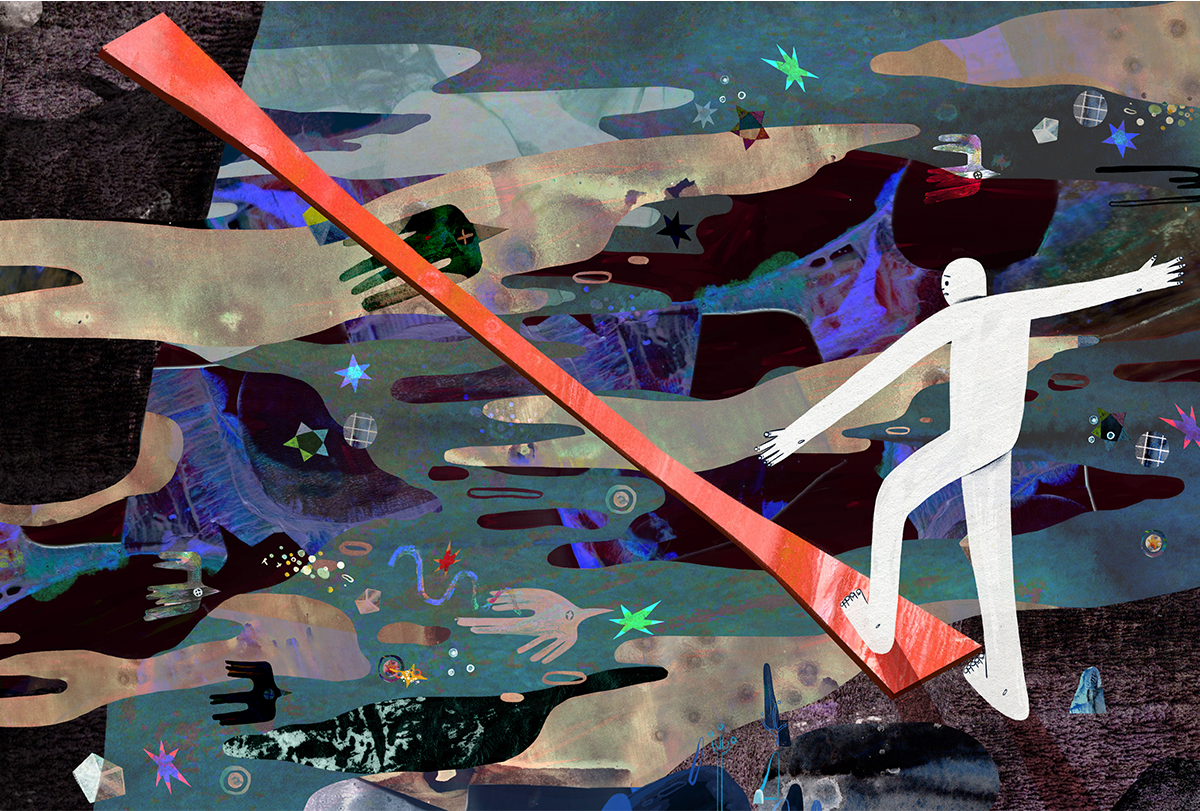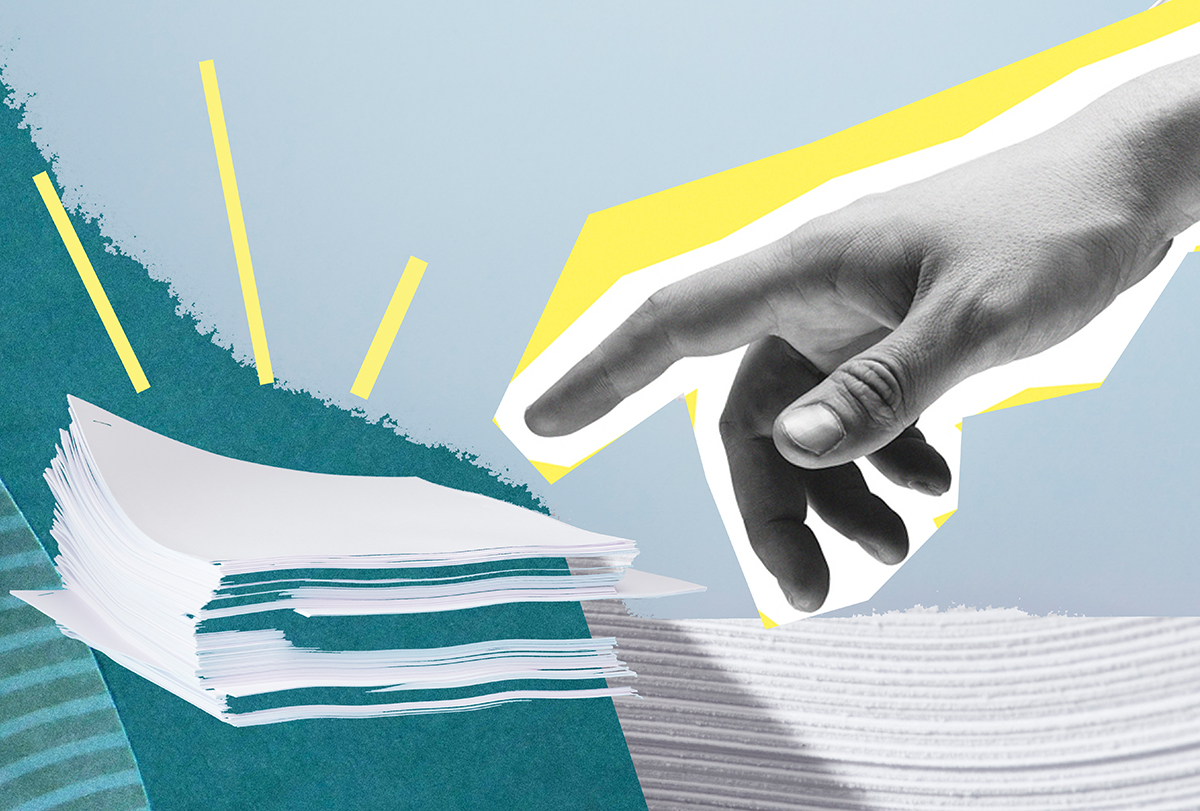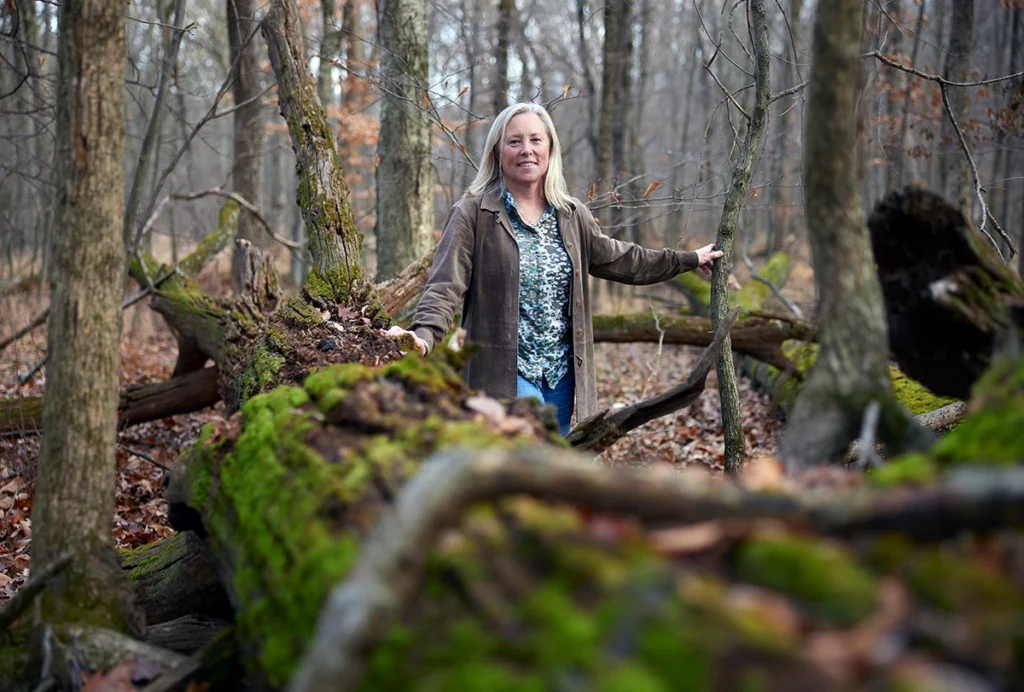Emmet Fraizer was The Transmitter’s editorial assistant from 2022 to 2024.

Emmet Fraizer
Editorial Assistant
The Transmitter
From this contributor
Into the woods with Susan Masino
When she isn't researching the links between metabolism and brain activity, this neuroscientist logs time in forests and advocates for protecting green spaces.
Neuroscience group to relocate 2025 meeting slated for Florida
Going forward, the American College of Neuropsychopharmacology plans to gather at “non-discriminatory sites,” following the passage of Florida laws targeting LGBTQ+ people and reproductive rights.

Neuroscience group to relocate 2025 meeting slated for Florida
Link between autism and transness being misused, scientists say
Some researchers are pushing back — with mixed results.

Link between autism and transness being misused, scientists say
Autism in Adulthood gets its first impact factor
The 4-year-old journal focuses on research that aims to improve the lives of autistic adults.

Autism in Adulthood gets its first impact factor
New estimate suggests most autistic adults in England lack a formal diagnosis
The finding underscores a need for adult autism diagnostic services.

New estimate suggests most autistic adults in England lack a formal diagnosis
Explore more from The Transmitter
New connectomes fly beyond the brain
Researchers are mapping the neurons in Drosophila’s ventral nerve cord, where the central nervous system meets the rest of the body.

New connectomes fly beyond the brain
Researchers are mapping the neurons in Drosophila’s ventral nerve cord, where the central nervous system meets the rest of the body.
Building an autism research registry: Q&A with Tony Charman
A purpose-built database of participants who have shared genomic and behavioral data could give clinical trials a boost, Charman says.

Building an autism research registry: Q&A with Tony Charman
A purpose-built database of participants who have shared genomic and behavioral data could give clinical trials a boost, Charman says.
Cerebellar circuit may convert expected pain relief into real thing
The newly identified circuit taps into the brain’s opioid system to provide a top-down form of pain relief.

Cerebellar circuit may convert expected pain relief into real thing
The newly identified circuit taps into the brain’s opioid system to provide a top-down form of pain relief.
